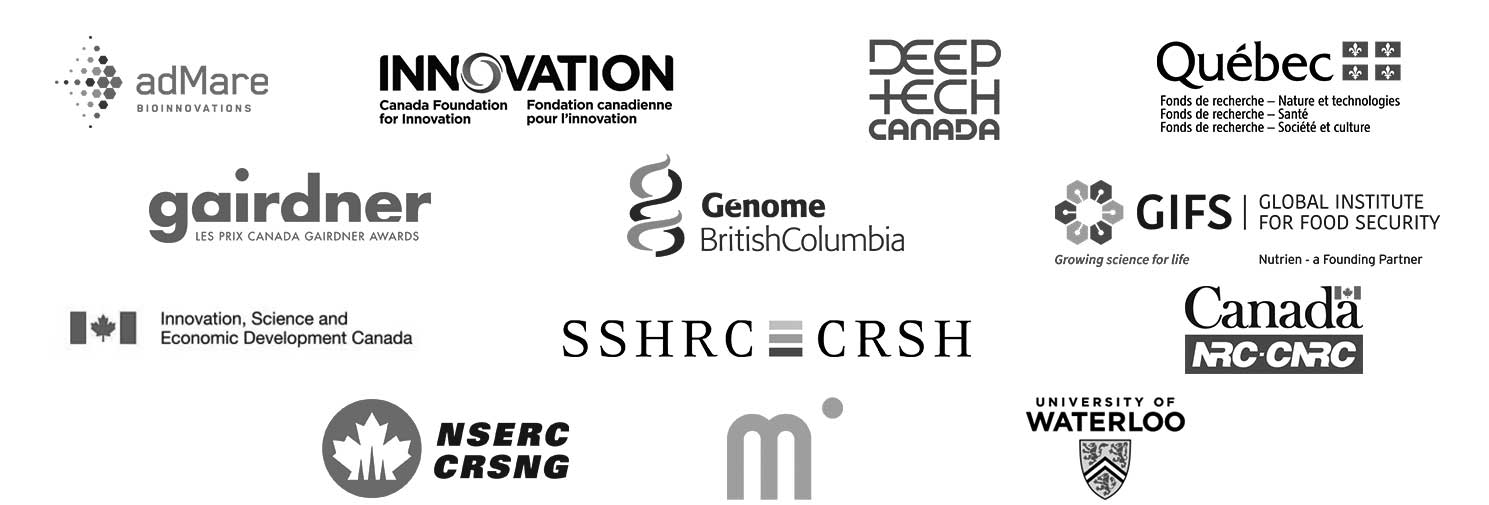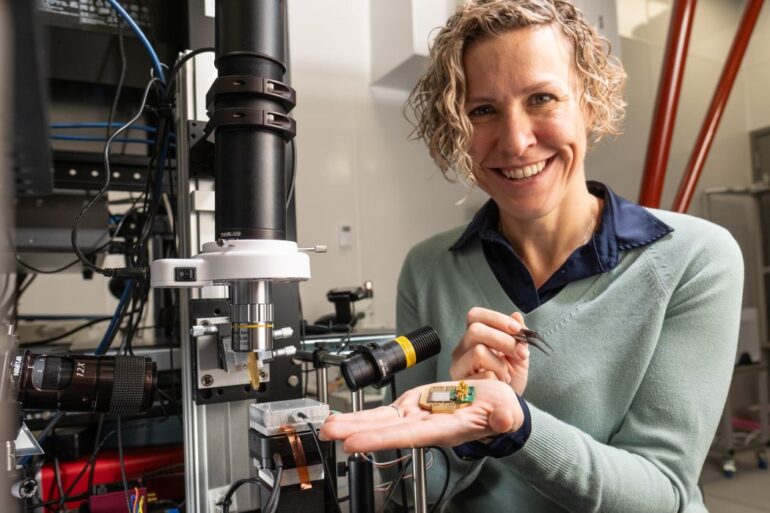Delivering insights on government funding and policy for business professionals, academics and policy makers.
In-depth reports and analysis on the who, what and how of Canada's science, technology and innovation community shaping Canada's social and economic future
Sign up to our Innovation This Week newsletter below to get free weekly insights delivered to your email
Policy & Regulation
Science & Technology
Innovation & Investment
The Short Report
The Insights Report
Voices
Become A Member
BECOME A MEMBER TODAY!
Gain access to all articles and receive special discounts to events by becoming a Member to Canada's leader in science, technology, innovation, and policy news.
What R$ Members Say About Us

Innovation This Week
Stay up-to-date on the latest science, technology and innovation news with our free weekly e-bulletin Innovation This Week. Sign up for our mailing list now.
Events
Events For Leaders in Science, Tech, Innovation, and Policy
Discuss and learn from those in the know at our virtual and in-person events.
By using this website, you agree to our use of cookies. We use cookies to provide you with a great experience and to help our website run effectively in accordance with our Privacy Policy and Terms of Service.
















